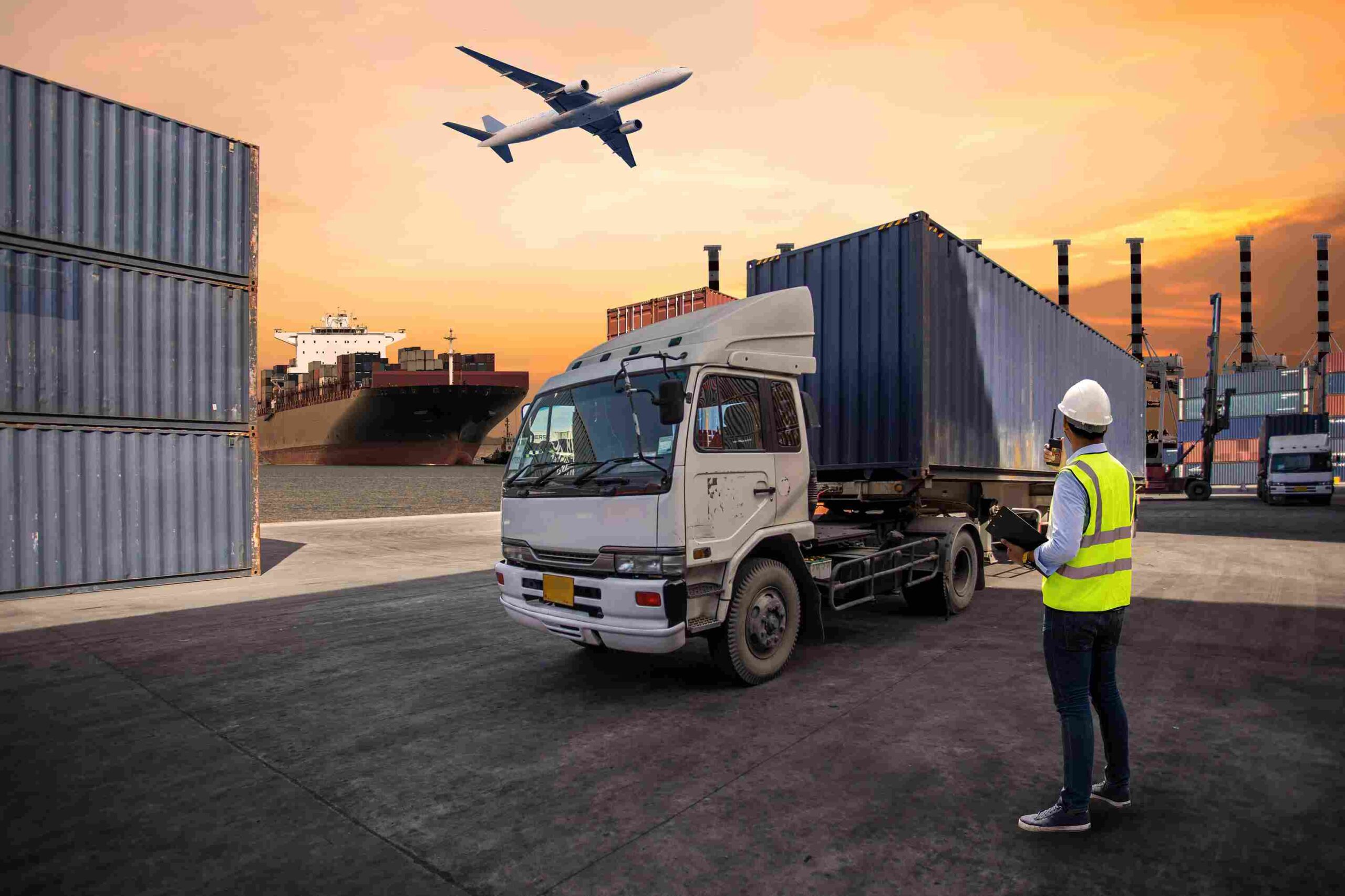Since geopolitical strife, tariff policies, and regional trade pacts keep changing, international commerce is moving on a continuous curve. Whether these developments influence how products cross borders gives them some grip on customs services to respond timely. From changes in documentation to more rigorous import/export regulations, practitioners in this area must act fast and accurately to the changing policies. Below, we will explore how changing trade policies are redefining customs clearing services in the Bahamas.
Supply Chain Disruptions Test Customs Clearing Services
Incidents such as the occurrences of COVID, the blocking of Red Sea shipping, and port congestion have all forced global supply chains to deviate. These unexpected variations disturb the natural sequence of goods delivery motions and put additional stress (Low cost for VATs) upon customs clearing agencies to either amend their schedules, communicate with logistic providers, or control the varying shipment volumes. Quick response has become critical in evading regulatory delays.
Trade Agreements Shape Customs Brokerage Firms’ Activities
The growth or disintegration of global trade agreements is an important factor in customs operations. Tariffs and increased duties under new duty regimes and standards of compliance, including NAFTA revisions, Brexit, and the recent tariff wars between the United States and China, have infamously redesigned the functions of customs brokerage companies. To keep abreast of ever-changing trade regulations, companies must frequently alter documentation systems and in-house procedures.
Digitalization Changes the Way Custom Clearing Services Operate
Customs agencies globally are moving toward electronic processing systems. Such systems, like the Automated Commercial Environment in the United States, require the filing of entries electronically, thus shifting customs clearing to real-time data sets and quick software. Along with the advantage of speed, there are constant technological upgrades and protection required from cyberattacks.
Customs Brokerage Firms React to Increasing Import/Export Complexity
International shipments are becoming increasingly complex. Contemporary imports entail numerous origins, blended cargo, and procedures for transhipment. This complexity pressures customs brokerage companies to build niche expertise in product classification, value determination, and origin determination. With dynamic Harmonized System (HS) codes and shifting labeling standards, brokerage groups have to update their operational knowledge base constantly.
Environmental Regulations Are Guiding Global Clearance Procedures
As nations impose tougher environmental regulations, new policies affect the timelines of clearances. Carbon border taxes, green customs programs, and packaging limits all influence shipment processing. Custom clearing services now need to include environmental declarations, recyclable packaging certificates, and emissions records in their clearance processes.
Geopolitical Conflicts Impact Customs Brokerage Firms Worldwide
The trading scope could be altered, as existing supplies may be disrupted by political instability, war, or imposed embargoes. Continued unrest in some areas has caused customs brokerage companies to route freight through other ports and seek special licenses or permits. Companies typically deal with time-sensitive merchandise, so accommodating political disruption while avoiding delays becomes a logistical issue.
E-commerce Expansion Calls for Quicker Customs Clearing Services
The worldwide surge in cross-border e-commerce has brought about a greater number of small shipments. Such scale is usually too much for conventional clearance procedures to deal with. Custom clearing services are today supposed to clear huge volumes of low-value items at record speeds, necessitating automation, real-time tracking, and e-commerce platform integration.
The Defining Point: Trade Shifts: Customs Clearing Evolves
Trade dynamics no longer stand still. A combination of technology, politics, policy, and consumer behavior affects them. Customs clearing services in the Bahamas have to keep abreast of global trends so that they can very well satisfy new demands with a touch of accuracy, speed, and compliance.
Here comes the significance of the customs brokerage firms, which can maintain the professional knowledge and operational flexibility through the changing landscape above. At MJI Transport & Company Limited, we are dedicated to keeping our clearance approaches in line with global trade developments for smooth logistics in an evolving world.




